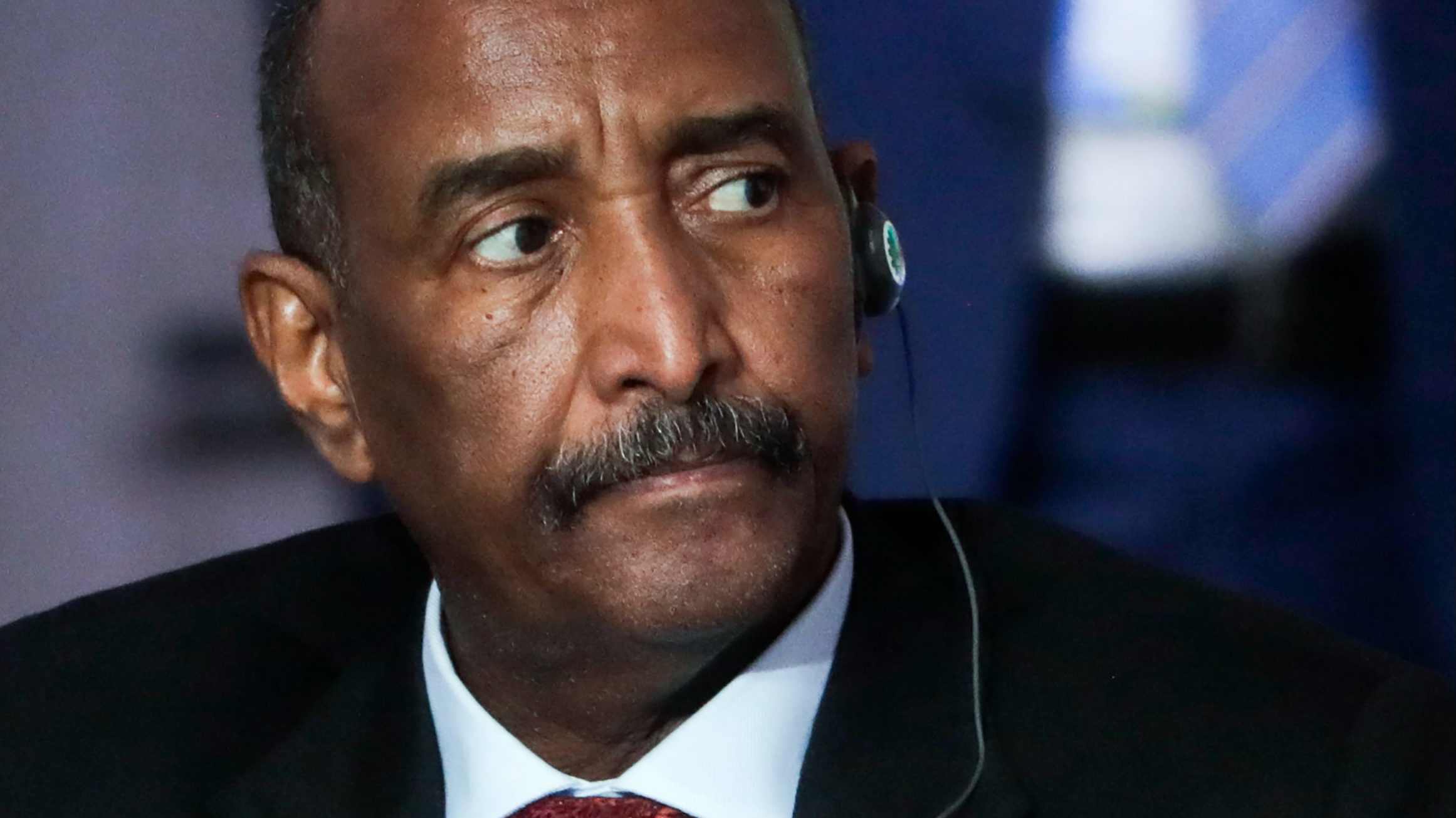
[ad_1]
Al-Araby Al-Jadid, London, 25 October
While the issue of normalization between Israel and Sudan has been on the agenda in recent years, the breakthrough in establishing ties between the two countries was only achieved this year, after the UAE sponsored a meeting that brought together Abdel Fattah al-Burhan, president of the Sudan Transitional Military Council, and Binyamin Netanyahu, Israeli prime minister, in the Ugandan city of Entebbe. Although Sudanese public opinion, immersed in its own internal problems, did not react – either positively or negatively – to this meeting, the Sudanese government authority sought to undermine its effect by delegating the decision on any future move with Israel to the branch. executive. However, subsequent developments took place behind the scenes, including the arrival of several Israeli aircraft in Sudan, allowing Burhan and Netanyahu to maintain a direct line of communication. Since Burhan took over the presidency of the Military Council on April 13, it has been clear that there is a close relationship between a number of council members, Riyadh and Abu Dhabi. However, several noteworthy developments, including the continuation of Sudanese participation in the Yemeni civil war, have raised doubts about how this report would proceed. It was clear that the UAE wanted to ensure that Sudan’s military apparatus maintains a position of power in any future political settlement in Sudan. This push to put the military at the forefront of Sudan’s politics paved the way for the normalization of ties with Israel. Israeli efforts to normalize relations with Sudan are hardly new. They emerged in the 1950s when direct contacts were established between Tel Aviv and the nationalist Umma party, affiliated with the Ansar sect. Then, the attempts were repeated during the rule of former Sudanese President Jaafar Nimeiry between 1969 and 1985, when Nimeiry met then Israeli Defense Minister Ariel Sharon, on a farm in Kenya in 1982, to coordinate the relocation of Jews. Falasha from Ethiopia to Israel. The era of deposed President Omar al-Bashir (1989 to 2019) was also marked by several Israeli attempts to normalize ties directly with the Sudanese National Dialogue Foreign Relations Committee. After the outbreak of the revolution that overthrew Omar al-Bashir, the country suddenly moved away from its historical alliance, of which Khartoum was one of its most important links. Ultimately, Sudan’s desire to be removed from the list of terrorist sponsoring states and the hope of mending its thorny relations with America provided the right conditions for talks with Israel. However, many in Sudan believe that any Emirati attempt to push for global normalization is unlikely to be successful for many reasons, including Abu Dhabi’s failure to bolster Sudanese pro-Gulf political figures, such as Vice President of the Sovereignty Council. , Mohamed Hamdan Dagalo. The ongoing political crisis in the country also represents an obstacle to the issue of normalization with Israel, as this issue deepens Sudanese internal disagreements. Some voices within Sudan have already described this move as a “political bribe,” arguing that Israeli or American benefits will not change the country’s stance on Israel and its occupation of Palestinian lands. – Al-Araby Al-Jadid Staff (translated by Asaf Zilberfarb)
Source link